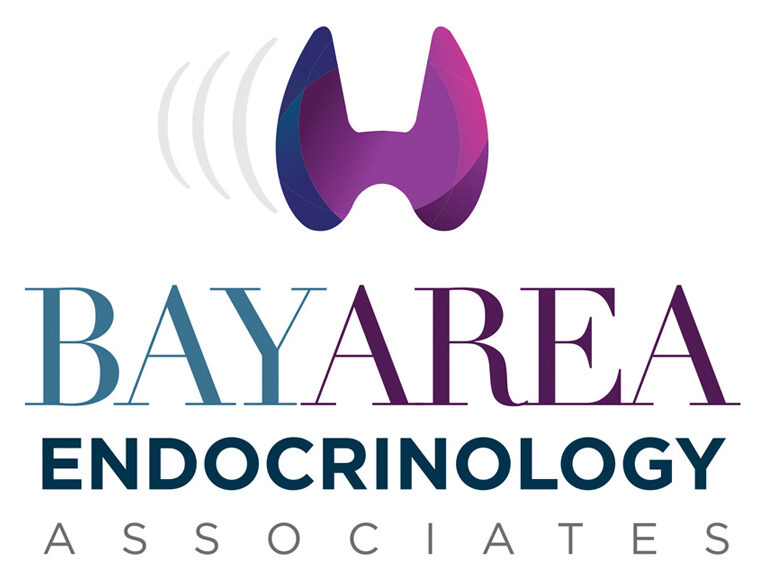Overview Of Thyroid Disorders
If you’re one of the approximately 14 million people in the U.S. who have an undiagnosed thyroid disorder, you may be wondering why you’re always tired, or why you’ve lost weight when there are no other mitigating factors. Your problems may stem from a thyroid disorder. A normally functioning thyroid produces hormones that help keep your body in homeostasis, which means that all of your systems are working together to maintain a healthy body. The two hormones that your thyroid gland produces are called triiodothyronine, orT3, and tetraiodothyronine, or T4. These hormones regulate bowel function, pulse rate, temperature sensitivity, metabolism, and other body functions. When the thyroid doesn’t produce enough of these two hormones, it’s called hypothyroidism; when it produces too much of them, it’s called hypothyroidism. Grave’s disease is the most common presentation of hypothyroidism and you may notice additional symptoms such as bulging eyeballs, vision problems, ridges in your fingernails, and thickening of the skin near the ankles.
Do You Have Hypothyroidism Or Hyperthyroidism?
If you have hypothyroidism, you may be experiencing the following symptoms:
-Exhaustion, no matter how much sleep you get
-Unexplained aches and pains in your joints and muscles
-Dry skin
-Intolerance to cold temperatures
-Constipation
-Depression
-Brittle fingernails and hair
If you have hyperthyroidism, you may be experiencing the following symptoms:
-Tiredness
-Inability to concentrate
-Increase in your appetite
-Enlarged thyroid gland/swelling at the base of the neck
-Insomnia or trouble sleeping
-Agitation and/or nervousness
-Intolerance to heat
-Increased bowel function
-Increased perspiration
-Trembling hands
-Weight loss that’s not attributable to other factors
-Increased pulse rate
What Causes Thyroid Disorders?
Thyroid disorders are an autoimmune function and statistically, those who have one autoimmune disorder are more likely to develop another autoimmune disorder. Arthritis, for example, is an autoimmune disorder so if you have arthritis, you may be more prone to develop another autoimmune disorder, such as thyroid disease. Autoimmune disorders occur when the body’s immune system mistakenly attacks your own cells because it perceives them as invaders. Antibodies are released and this results in inflammation and cell damage to the area.
Although the exact cause of autoimmune disorders isn’t yet known, medical science speculates it to be a combination of both environmental and genetic factors. Thyroid disease isn’t thought to be contagious, but if one family member has it, it’s more than likely that another family member will develop it. One twin is 30 percent more likely to develop Grave’s disease if the other twin has it, and those who live in the same household are more likely to develop the disease even though they aren’t biologically related.
How Are Thyroid Disorders Diagnosed And Treated?
In order to confirm a diagnosis of a thyroid disorder, your endocrinologist will order a blood test, which will indicate whether your T3 and T4 levels are too high or too low. If they’re too high, it may indicate you have a hyperactive thyroid, if they’re too low, it may indicate that you have an underactive thyroid. Other test options may include a radio iodine uptake test or a thyroid scan.
Treatment of hypothyroidism is simpler than treatment of hyperthyroidism. If you have hypothyroidism, your endocrinologist may prescribe additional thyroid hormone for you to take on a daily basis. This will supply the necessary hormones to your body and should alleviate many of your symptoms. You’ll most likely need periodic blood tests to ensure that your level of thyroid hormone is adequate for your endocrine system. Lifestyle changes such as pregnancy, weight loss or gain, activity decrease or increase, and many other factors have the potential to change your requirement of thyroid hormones, so following your endocrinologist’s recommendation for blood tests is important.
Treatment of hyperthyroidism is more complex. In the past, surgery was sometimes used to remove the hyperactive thyroid but modern medicine typically uses less invasive procedures. Since there are limited ways to make an overactive thyroid less active, it’s usually treated with either radioactive iodine or anti-thyroid medication. Radioactive iodine is administered orally and may require some safety precautions but it isn’t absorbed by other cells in the body. The objective of the radioactive iodine treatment is to kill some of the thyroid cells so that the overall production of thyroid hormone is reduced. There’s the possibility, however, that too many thyroid cells will be eliminated and the body will then be in a state of hypothyroidism. To date, there’s been no evidence that use of the radioactive iodine pill causes cancer.
Anti-thyroid medications take longer to be effective because they gradually slow your thyroid’s production of hormones to a normal level. Sometimes this is a permanent cure and sometimes it isn’t. This method also takes longer than the radioactive iodine treatment, sometimes up to a year, and there’s the possibility of a relapse. These medications can have side effects and may not be appropriate for everyone.
Those who live in the Tampa area and have additional questions about their thyroid symptoms can contact Bay Area Endocrinology and schedule an appointment or have their questions answered by one of our friendly and caring staff. Dr. Pedro Troya and Dr. Carlos Fumero specialize in the treatment of all types of thyroid disorders, including cancer and complex metabolic issues. Multiple locations ensure that there’s an office near you that will help you find a solution to your thyroid issues.








